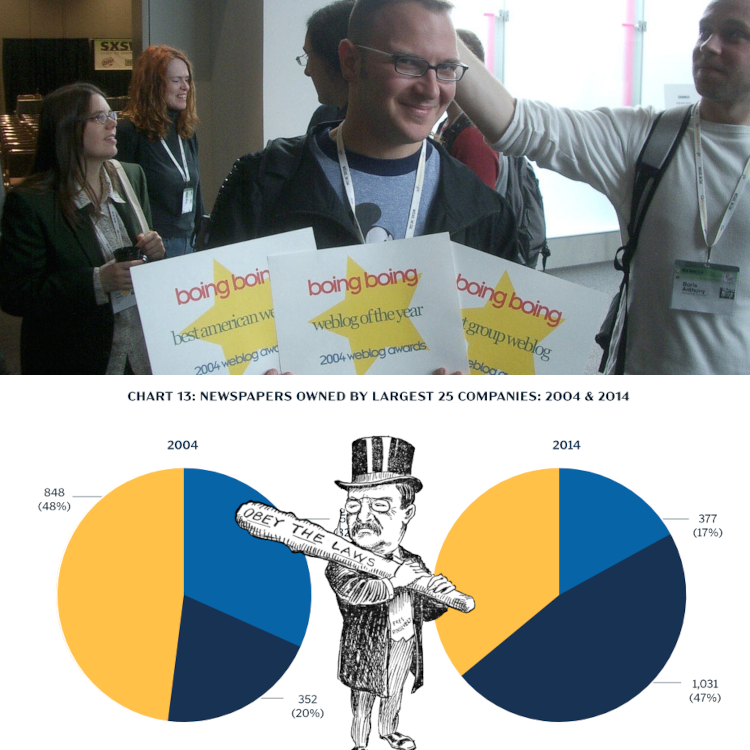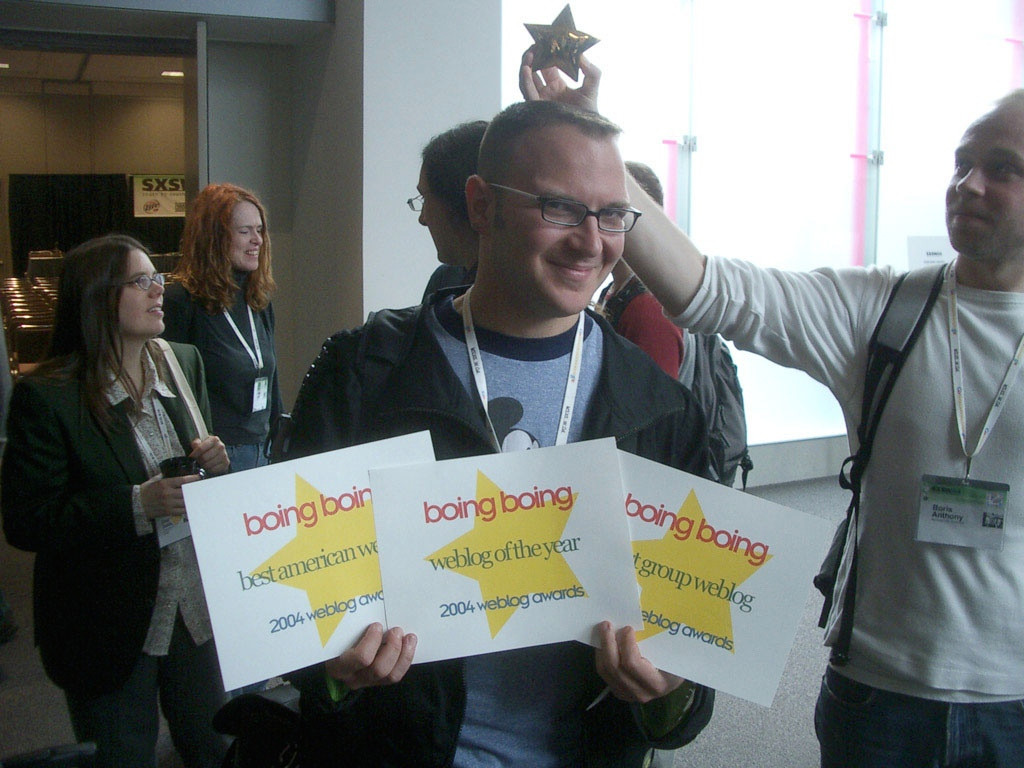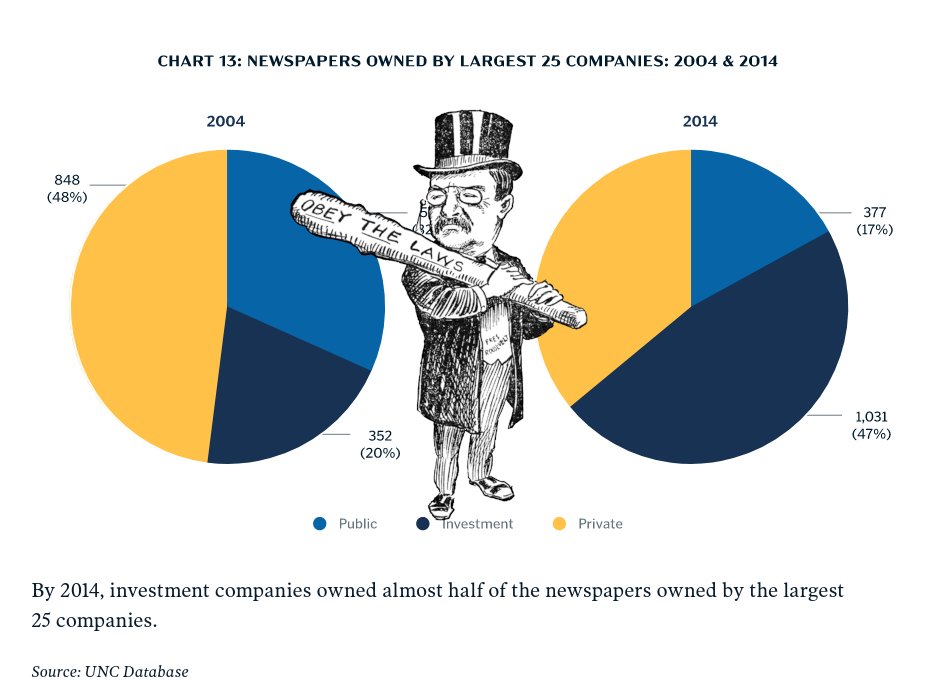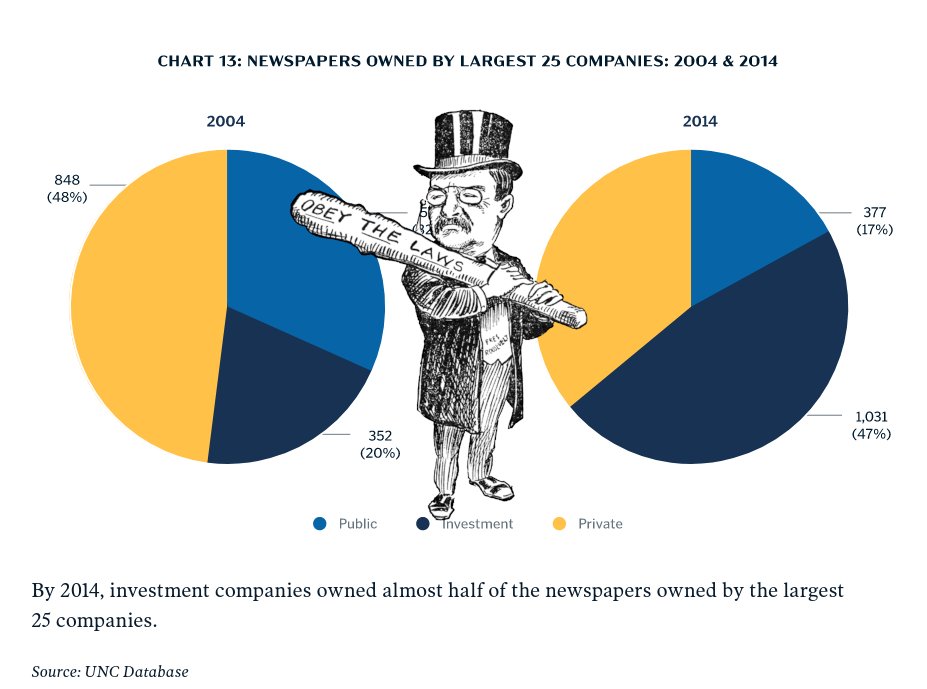
Many wonder how epidemiology could have become so politicized. But epidemiology - like climate science (the other "mysteriously politicized" subject) has intrinsic politics: to take epidemiology seriously, you have to acknowledge that our species has a shared destiny.
1/
1/
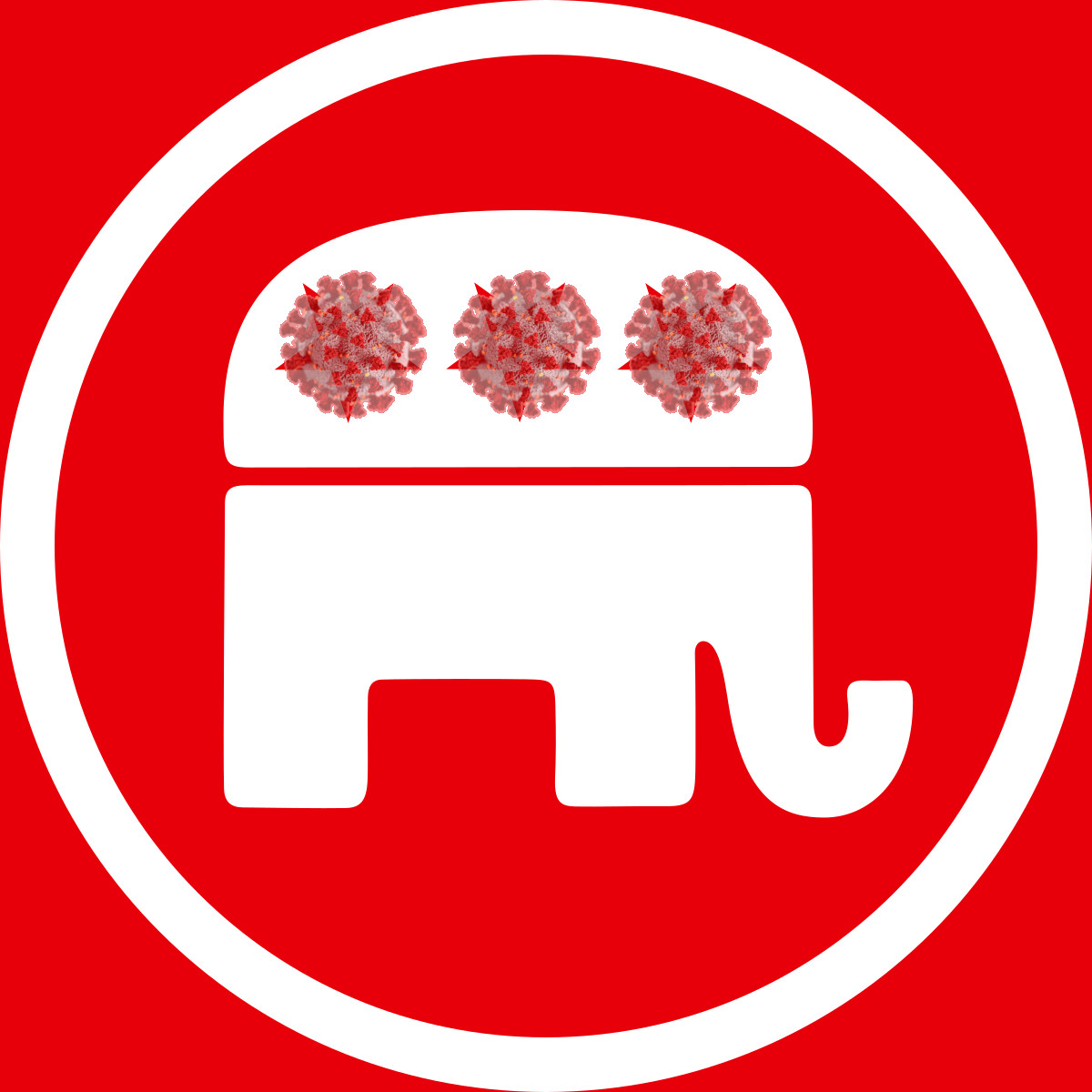
Much of the debate over "liberty" can be summed up as "you do you" - I'll swing my arm over here, you keep your nose over there, and so long as we both respect each others' "freedom," I won't punch you in the nose and your nose will remain unpunched.
2/
2/
This breaks down when applied to epidemiology: "You wear your mask, I'll leave mine at home, and we'll both exercise our freedoms" is like "You swim in the no-pissing end of the pool, I'll swim down here in the pissing end, and we'll both get our way."
3/
3/
We're in the same epidemiological pool, and the science is clear: masking's benefit is primarily in protecting others from you - your presymptomatic, asymptomatic (or symptomatic) spread of particles. Your decision not to wear a mask puts me in danger.
4/
4/
If your worldview ascribes political outcomes to individual choices (implying that poverty or misfortune are the result of a combination of laziness and inferiority), then anything that demands a systemic view challenges its very foundations.
5/
5/
Empathy is hard work. From the trivial (considering how your actions affect your family) to the thoughtful (expanding that to your community) to the profound (thinking of the effects for 7 generation to come), empathy constrains your happiness in service to a wider worldview.
6/
6/
No one wants to think of themselves as selfish. Even the most Ayn-Rand-addled private equity ghoul can be found at the playground shouting as his toddler, "TIMMY! YOU BE NICE AND SHARE!"
7/
7/
The advantage of neoliberal ideology is that it allows you to act selfishly while thinking of yourself as unselfish. There are two ideological tools used to construct this otherwise contradictory edifice:
8/
8/
I. Efficient markets hypothesis: the belief that markets "clear" (allocate efficently) when everyone acts according to their own self-interest. If this is true, then being kind to other people actually makes us all worse off, while selfishness makes things better all around.
9/
9/
II. Moral hazard: the belief that acts of kindness create "learned helplessness" in others - that socializing health, housing, education, nutrition or other human rights actually makes people dependent and incapable of fending for themselves.
10/
10/
It's akin to the idea that feeding wild animals undoes their independent, wild nature, causing it to become habituated to human company.
As it turns out, this is true of wild animals, and not true of humans, which presents a serious real-world ideological challenge.
11/
As it turns out, this is true of wild animals, and not true of humans, which presents a serious real-world ideological challenge.
11/
Because the haphazard domestication of wild animals turns out to be another one of those things where individual choices affect others around you. This is very wittily elucidated in @hh_matt's 2020 book, A Libertarian Walks Into a Bear.
publicaffairsbooks.com/titles/matthew…
12/
publicaffairsbooks.com/titles/matthew…
12/
Hongoltz-Hetling chronicles the rise and fall of a libertopian "freetown" takeover of the New Hampshire village of Grafton. From the start, Freetown is riven by the contradictions of individual actions with systemic consequences, most vividly in human-bear relations.
13/
13/
Bears roam the world without regard for human property boundaries, but by nature, they tend to avoid contact with humans - a good thing, since bears are fast and strong and can easily kill people if they choose to.
14/
14/
So when some Graftonites decide to semi-domesticate bears by feeding them, and others decide to cope with the problem by poaching them, the town - and neighboring towns - are beset by previously unheard-of deadly bear attacks.
15/
15/
It's easy to say, "Your right to swing your fist ends at my nose," but what if your activities turn bears into stochastic terrorists that end up maiming me? What if your campfires burn down not just your back 40, but my homestead?
16/
16/
What if your CO2 emissions trigger floods that wipe out my city? What if your exhalations don't just endanger you, but also me?
The freetowners lump all laws - bans on pot smoking, bans on bear feeding - into one bucket, and so does Hongoltz-Hetling.
17/
The freetowners lump all laws - bans on pot smoking, bans on bear feeding - into one bucket, and so does Hongoltz-Hetling.
17/
They're both wrong. Smoking pot is your business. Emitting CO2 (or viral particles, or untamed campfire combustion, or semi-domesticated 600lb bears) is everyone's business.
18/
18/
The stuff that's "everyone's business" is systemic: that means that it doesn't have reliable cause-and-effect relations. Your bear-feeding and your neighbor's bear-mauling don't have a bright line connecting them. Same for your mask-refusal and your neighbor's covid death.
19/
19/
This unfortunate distance between cause and effect opens up space for legitimate and manufactured doubt. It allows people to do selfish and dangerous things while telling themselves efficient market/moral hazard fairy tales so they can look themselves in the mirror.
20/
20/
That's why covid's politicized. To accept covid is to accept that a class of existential, urgent challenges that are systemic, not individual. That there's a freedom (the freedom not to drown in your own mucus) that requires curbs on other kinds of freedom (to go unmasked).
21/
21/
Covid science denies neoliberalism. It's yet another example of reality's pernicious left-wing bias. THAT'S why masking (and not masking) are political acts.
Not just small-p political. As Congress hid in undisclosed bunkers from trumpist mobs, GOP members refused to mask.
22/
Not just small-p political. As Congress hid in undisclosed bunkers from trumpist mobs, GOP members refused to mask.
22/
It was an enclosed, poorly ventilated space. GOP Congressjerks jeered at Democratic colleagues who begged them to mask up.
Now, three Dem Members of Congress have covid: @Schneider4IL10 [IL], @PramilaJayapal [WA], and @RepBonnie [NJ].
arstechnica.com/science/2021/0…
23/
Now, three Dem Members of Congress have covid: @Schneider4IL10 [IL], @PramilaJayapal [WA], and @RepBonnie [NJ].
arstechnica.com/science/2021/0…
23/
Jayapal has called for the Sergeant at Arms to begin fining and removing Congressjerks who refuse to mask up.
jayapal.house.gov/2021/01/11/cov…
eof/
jayapal.house.gov/2021/01/11/cov…
eof/
ETA if you'd like to read this thread as a surveillance-free, ad-free single webpage with a permalink here you go: pluralistic.net/2021/01/12/mas…
• • •
Missing some Tweet in this thread? You can try to
force a refresh



